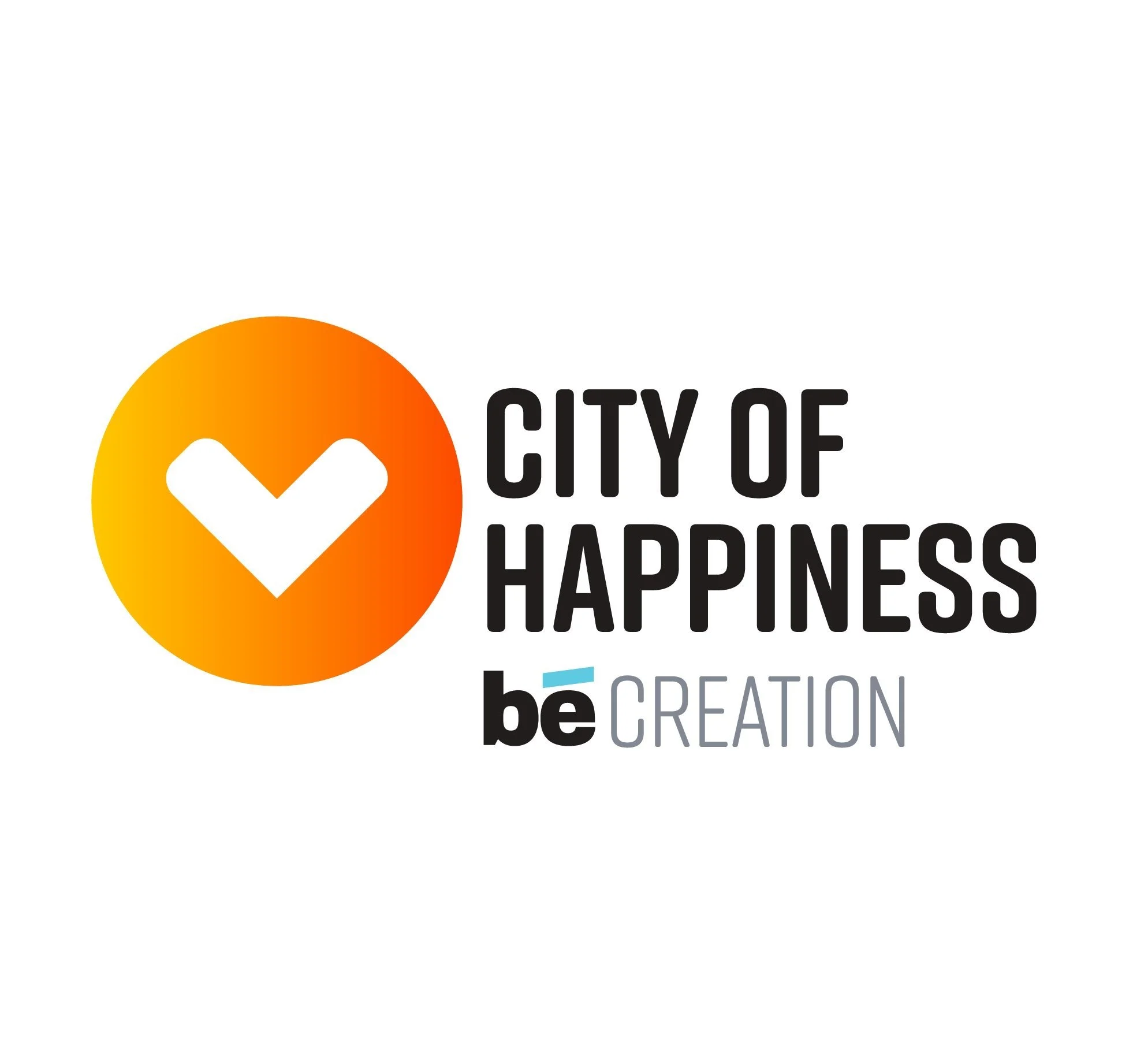The PURSUIT OF HAPPINESS STARTS IN YOUR CITY
About 4.2 billion people, more than half of the world’s population (55.3 percent), live in urban areas today. By 2045, this figure is estimated to increase by 1.5 times to more than six billion. There were 371 cities with more than one million inhabitants at the turn of the century in 2000. In 2018, there were 548, and in 2030, a projected 706 cities will have at least one million inhabitants. During the same time, the number of so-called mega cities – cities that have more than ten million inhabitants, most of which are located in the Global South – is expected to increase from 33 to 43, with the fastest growth in Asia and Africa. Today, Tokyo (37.4 million), New Delhi (28.5 million), and Shanghai (25.6 million inhabitants) are the most populous cities worldwide.
7 IN 10 PEOPLE WILL LIVE IN CITIES BY 2050
Cities are economic powerhouses: more than 80 percent of worldwide GDP is generated within their boundaries. They allow for an efficient division of labor, bringing agglomeration and productivity benefits, new ideas and innovations, and higher incomes and living standards. They often outperform their countries in terms of economic growth. City dwellers are often younger, more educated, and more liberal than their rural counterparts. They are more likely to be in professional and service jobs and less likely to have kids. With urbanization set to increase, by 2050, seven in ten people worldwide will be city dwellers.
SDG 11
Cities are powerhouses for change.
Rapid urbanization, however, also imposes challenges: a lack of affordable housing results in nearly one billion urban poor living in informal settlements at the urban periphery, vulnerable and often exposed to criminal activity—a lack of public transport infrastructure results in congestion and often hazardous pollution levels in inner cities. By one estimate, in 2016, 90 percent of city dwellers were breathing unsafe air, resulting in 4.2 million deaths due to ambient air pollution. Cities account for about two-thirds of the world’s energy consumption and more than 70 percent of worldwide greenhouse gas emissions. Urban sprawl and inefficient land use contribute to biodiversity loss. Rapid urbanization also puts pressure on public open spaces such as parks and urban green areas, which provide space for social interaction and essential ecosystem services.
Regeneration starts with you and your city.
Given the speed and scale of urbanization, with all its benefits and challenges, how do city dwellers fare, on balance, when it comes to their subjective well-being?
*source: World Happiness Report



